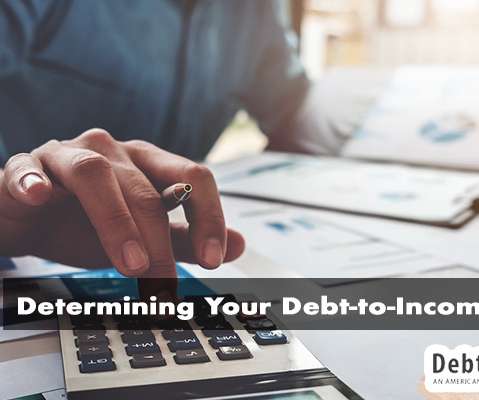Can I File Bankruptcy on Just My Credit Cards?
Sawin & Shea
AUGUST 9, 2023
Credit card debt is a huge reason people end up filing for bankruptcy. The incredibly high interest rates alone plus the ease of procuring cards contribute to what can be a vicious cycle of maxing out limits, paying only minimums, and applying for more cards. Can I Declare Bankruptcy for Credit Card Debt?


















Let's personalize your content